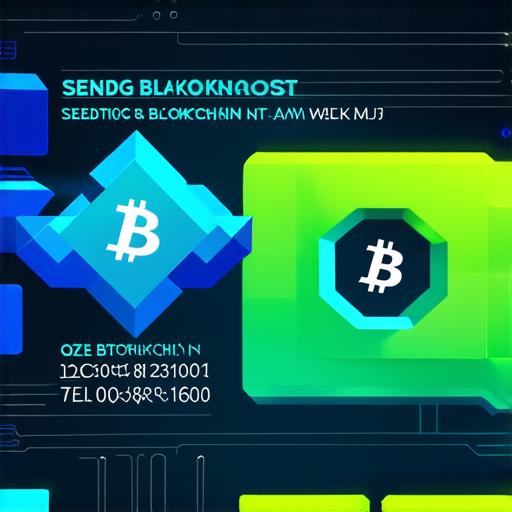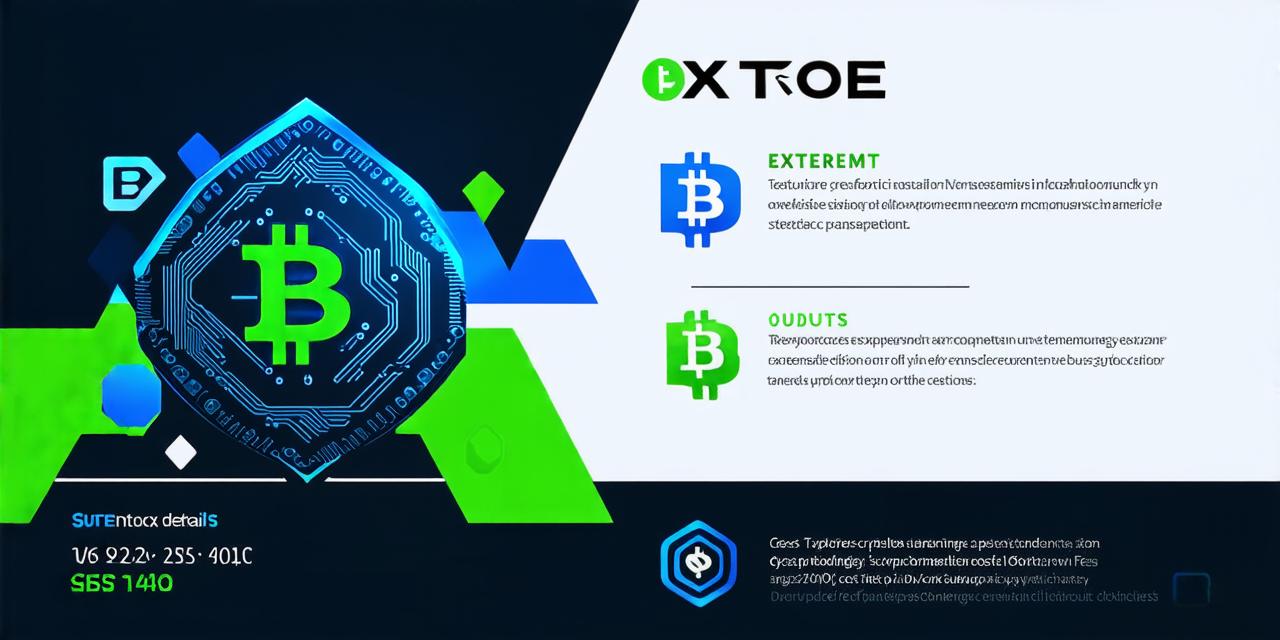Bitcoin is a decentralized digital currency that has gained immense popularity over the years. It operates on a peer-to-peer network, and its value is determined by supply and demand.
How much does Bitcoin cost?
The price of Bitcoin varies depending on a variety of factors such as supply and demand, market trends, and regulatory events. The current price of Bitcoin is approximately $40,000 per coin (as of October 2021), but this price can fluctuate rapidly.
How much does it cost to send Bitcoin?
Bitcoin transactions are processed on a decentralized network known as the blockchain. When you initiate a Bitcoin transaction, it is broadcast to the network and other nodes in the network validate the transaction before it is added to the blockchain. The validation process takes some time and consumes network resources, which is why there are fees associated with sending Bitcoin.
The amount of the fee varies depending on the transaction parameters, and there are two types of fees that you need to pay when sending Bitcoin:
- Network fee: This is the fee paid to the miners who validate your transaction on the blockchain. The network fee is a fixed amount per unit of time (usually measured in kilobytes) and varies depending on the congestion level of the network. When the network is congested, the network fee increases.
- Transaction fee: This is the fee paid to the sender and receiver to incentivize them to participate in the transaction. The transaction fee is a percentage of the transaction amount and is set by the sender and receiver.
The total cost of sending Bitcoin is the sum of the network fee and the transaction fee. You can adjust both fees to optimize your transaction cost.
How much does it cost to send Bitcoin with low fees?
If you want to minimize the cost of sending Bitcoin, there are a few things you can do:
- Choose the right time: The network fee for sending Bitcoin varies depending on the time of day and day of the week. If you send your transaction during peak hours or on weekends, the network fee will be higher, resulting in a higher total cost. Try to send your transactions during off-peak hours (early mornings or late evenings) when the network congestion level is low, and the fees are lower.
- Use a fast wallet: Some Bitcoin wallets allow you to choose the priority of your transaction. If you have an urgent need to send Bitcoin, you can pay more for faster confirmation times.
- Use a less congested network: While most Bitcoin transactions are processed on the main blockchain, there are other blockchains that offer faster confirmation times with lower fees. You can use these alternative networks to send Bitcoin at a lower cost.
- Adjust the transaction fee: You can adjust the transaction fee to optimize your cost. If you want to send a small amount of Bitcoin, you can choose a lower transaction fee. However, if you need to send a large amount of Bitcoin urgently, you can pay more for faster confirmation times and higher priority on the network.

FAQs
Q: How long does it take for a Bitcoin transaction to be confirmed?
The time it takes for a Bitcoin transaction to be confirmed varies depending on the network congestion level and the number of confirmations needed. A typical Bitcoin transaction can take anywhere from 10 minutes to several hours to be confirmed.
Q: What happens if I send Bitcoin with an insufficient fee?
If you send Bitcoin with an insufficient fee, your transaction may not be processed by the network. In this case, you will need to wait until the congestion level decreases or pay more in fees to have your transaction processed.
Q: How do I avoid paying high transaction fees when sending Bitcoin?
To avoid paying high transaction fees when sending Bitcoin, you can choose the right time, use a fast wallet, use a less congested network, and adjust the transaction fee according to your needs. Additionally, you can consider using layer-two solutions such as the Lightning Network, which offers faster and cheaper transactions on top of the main blockchain.
